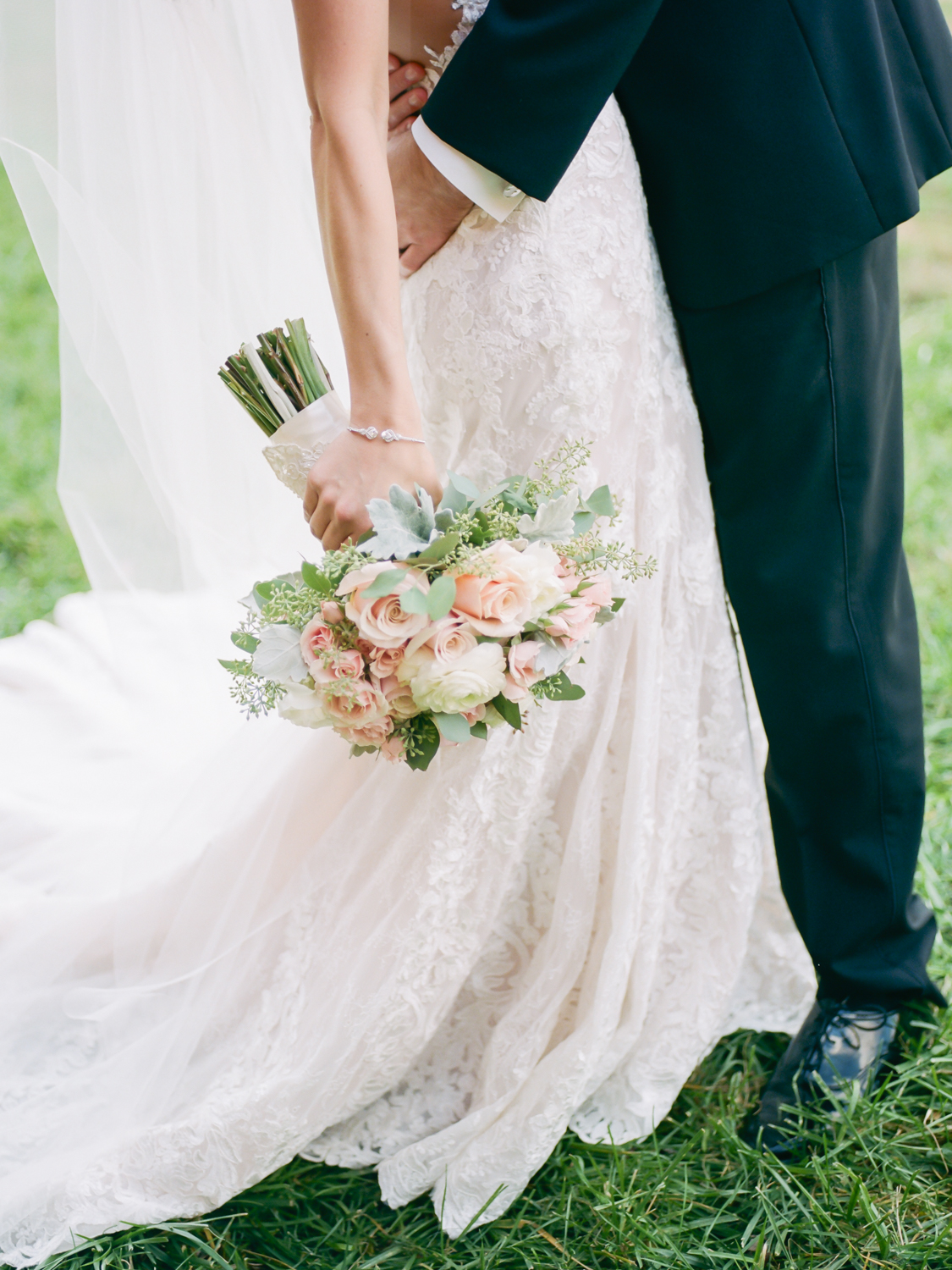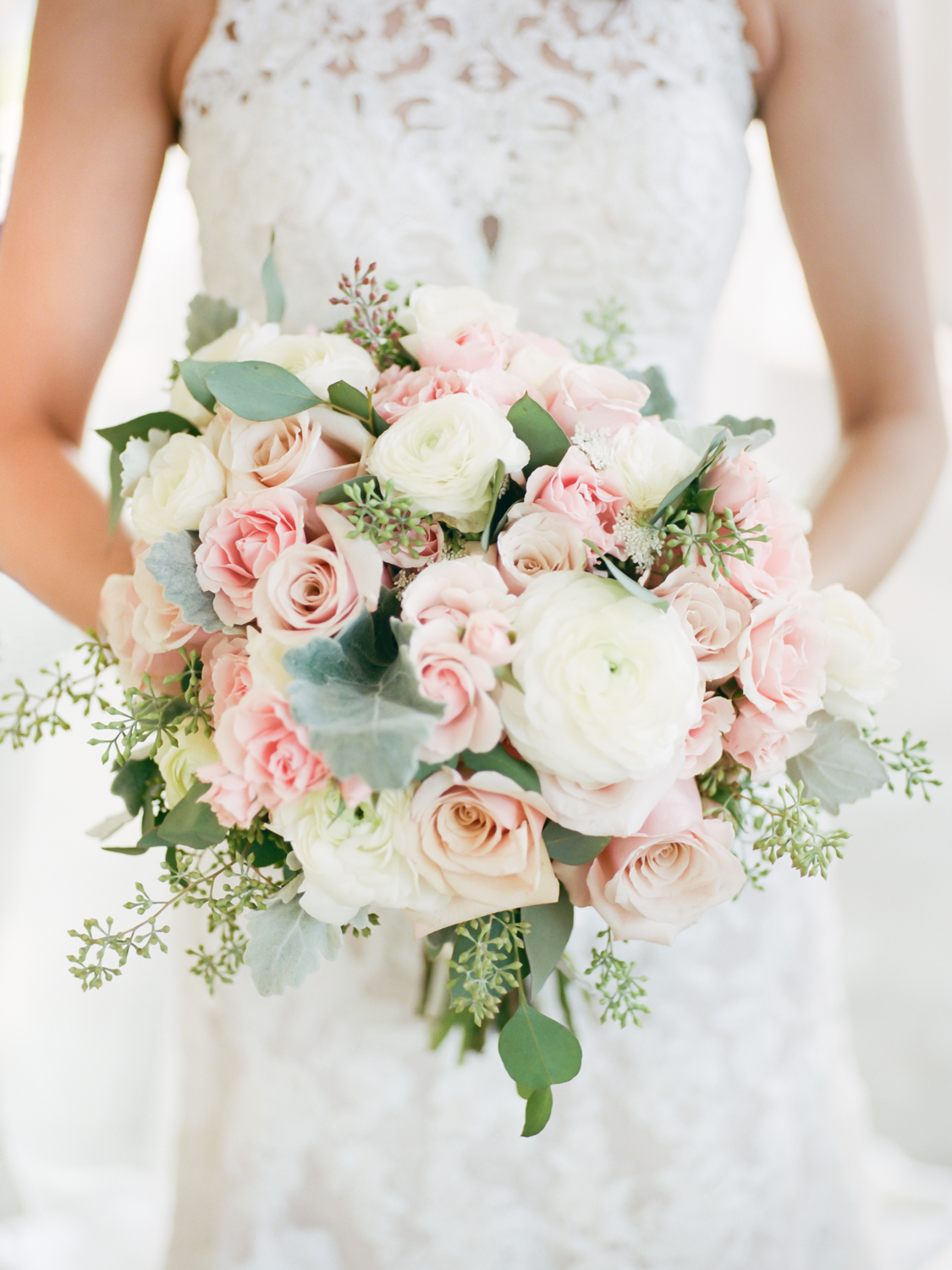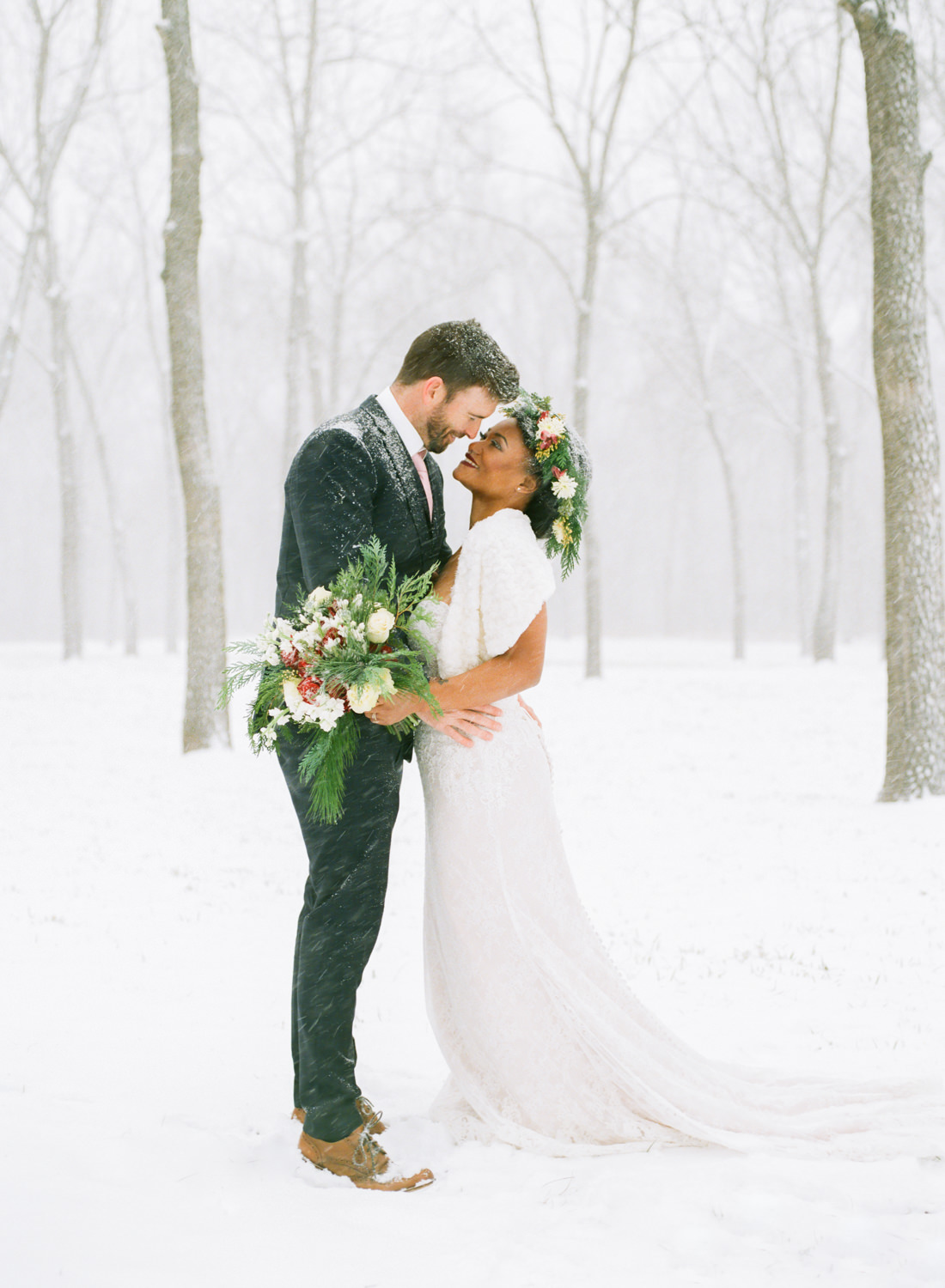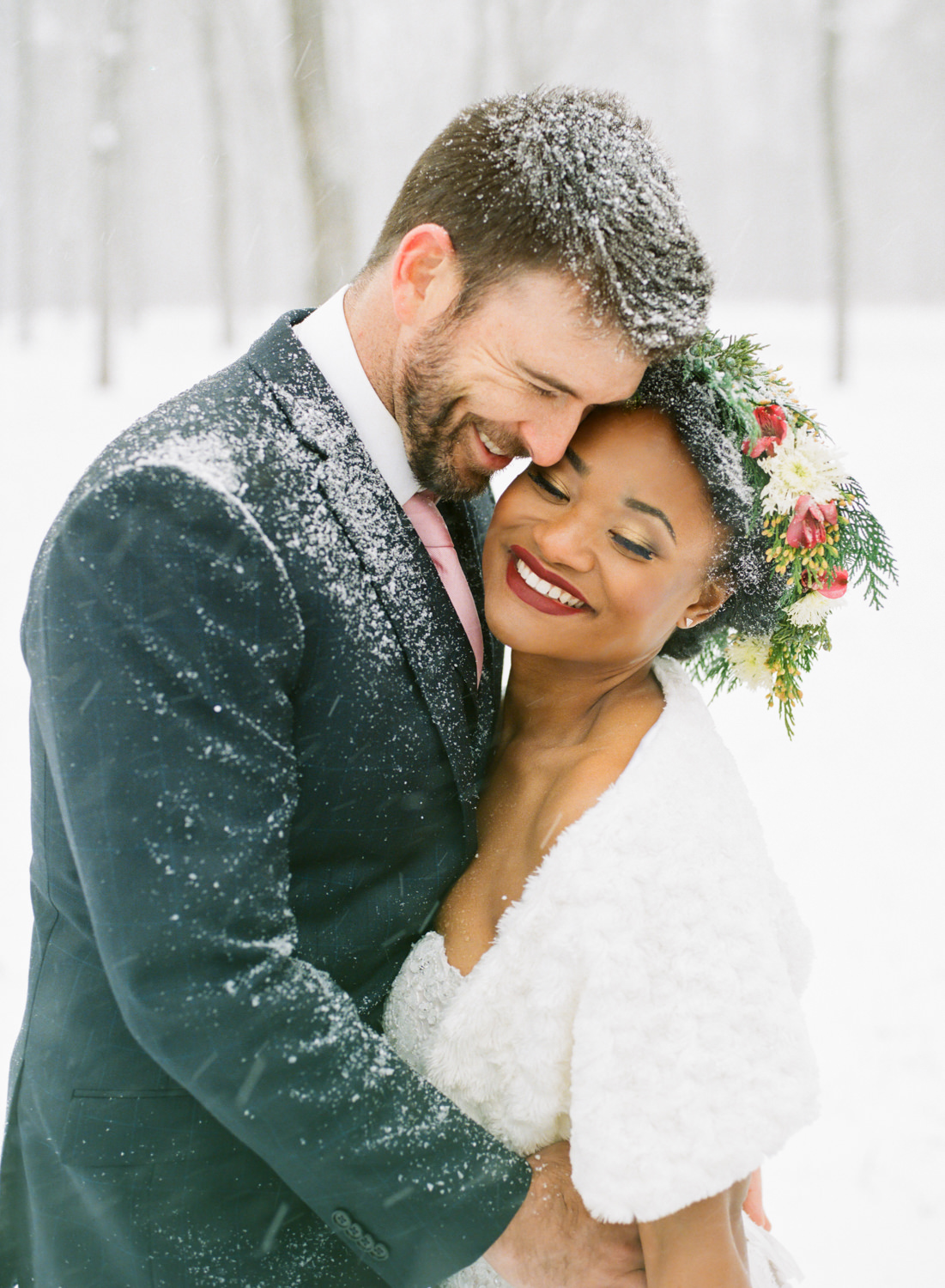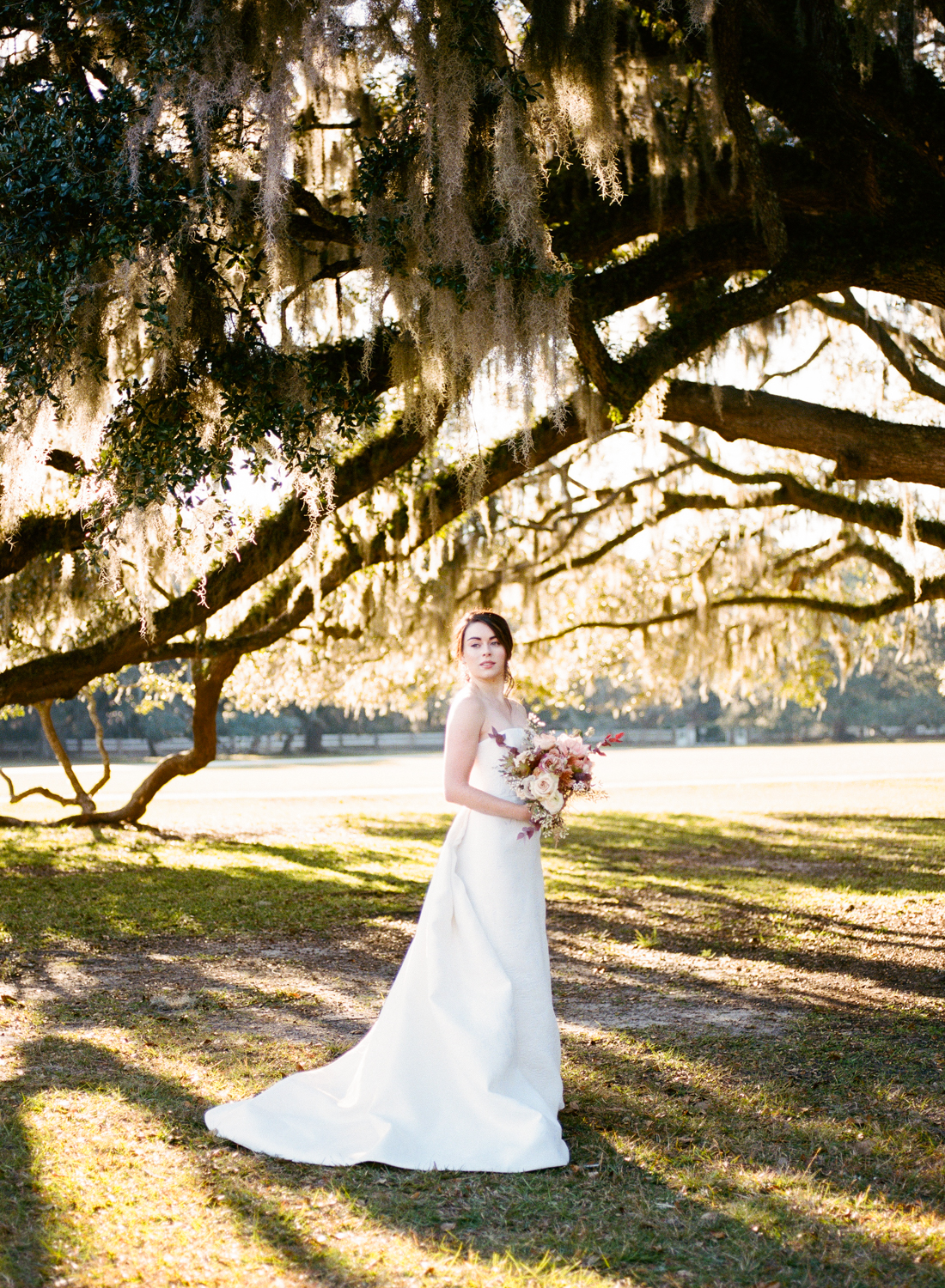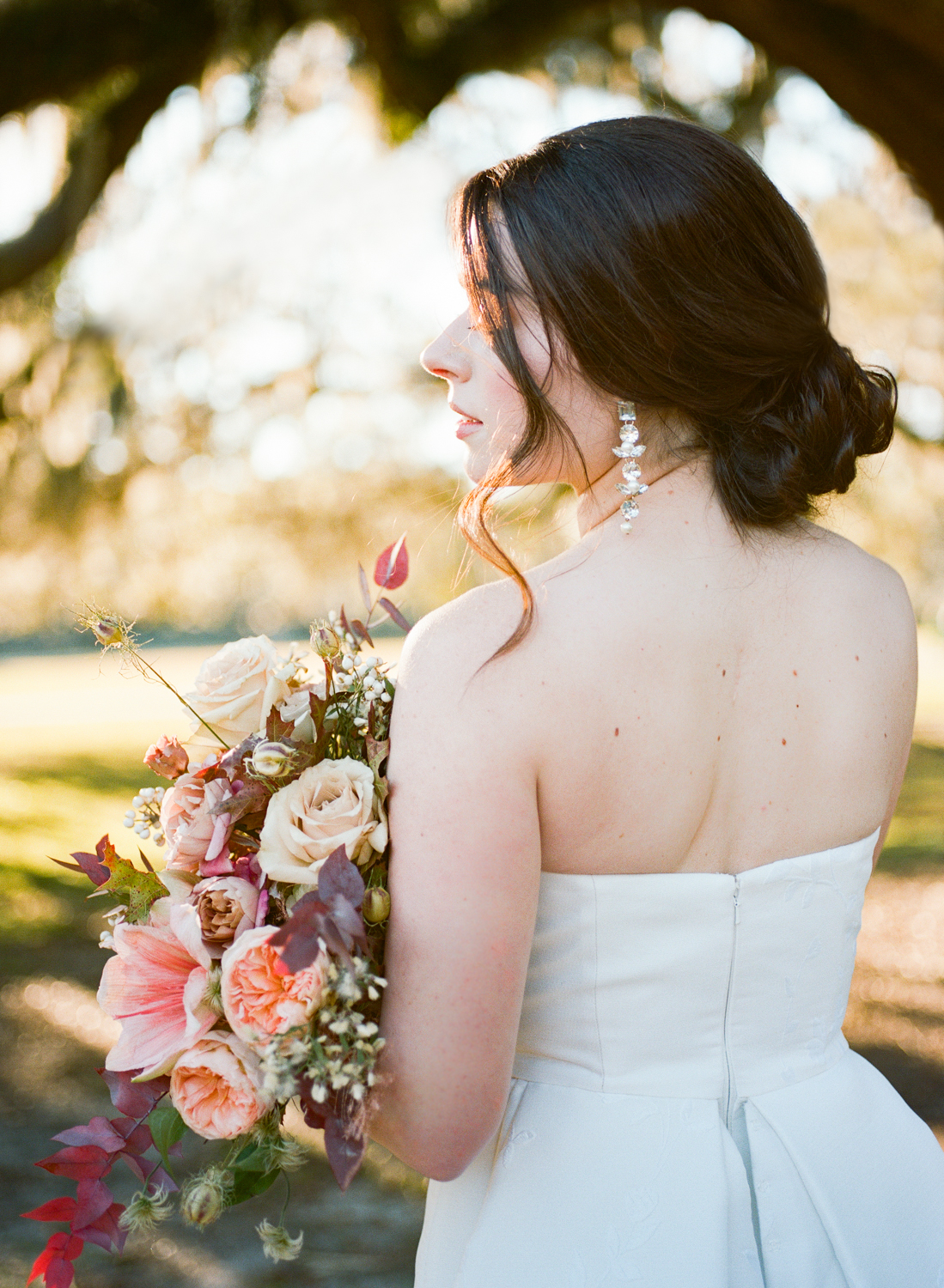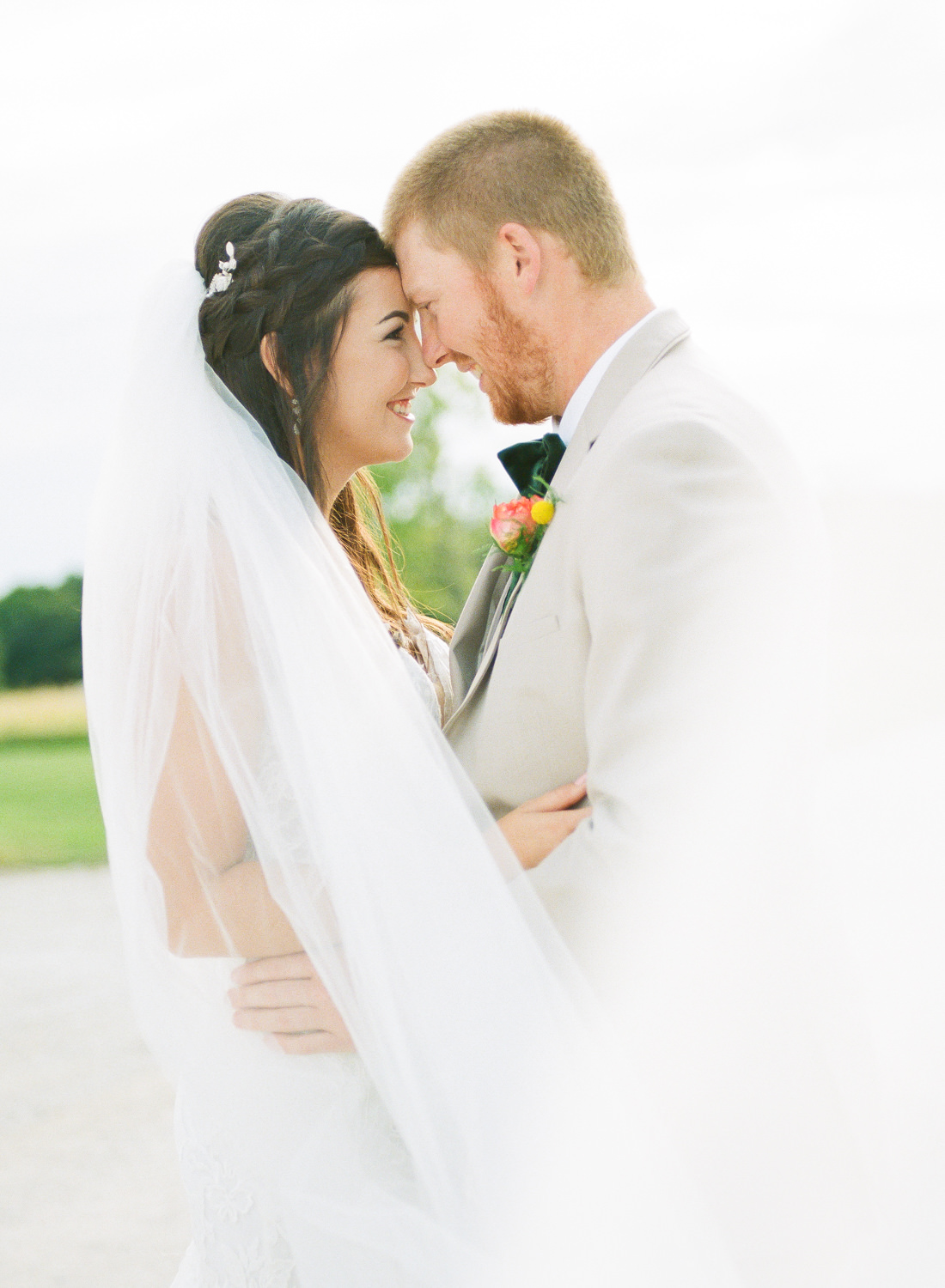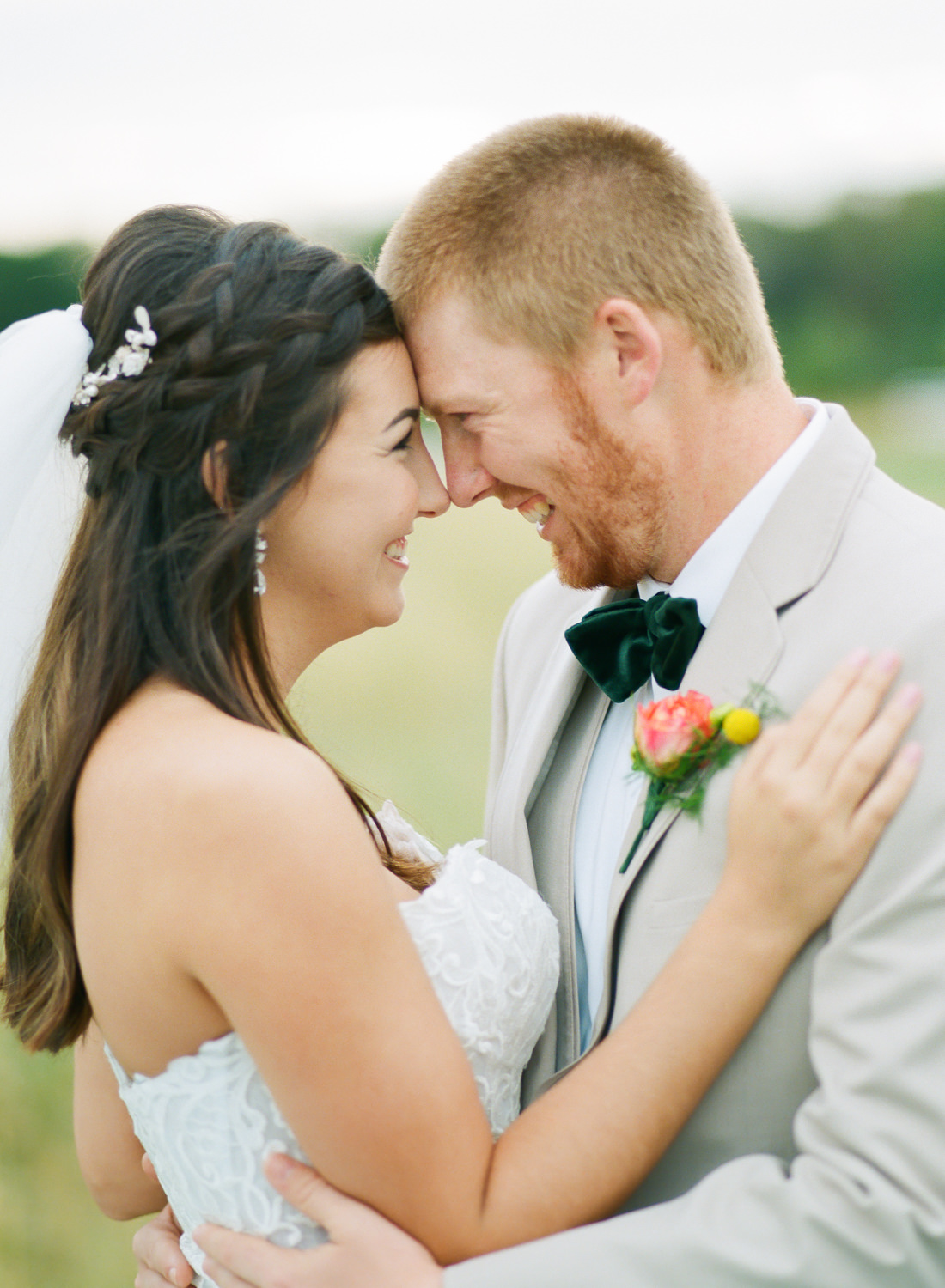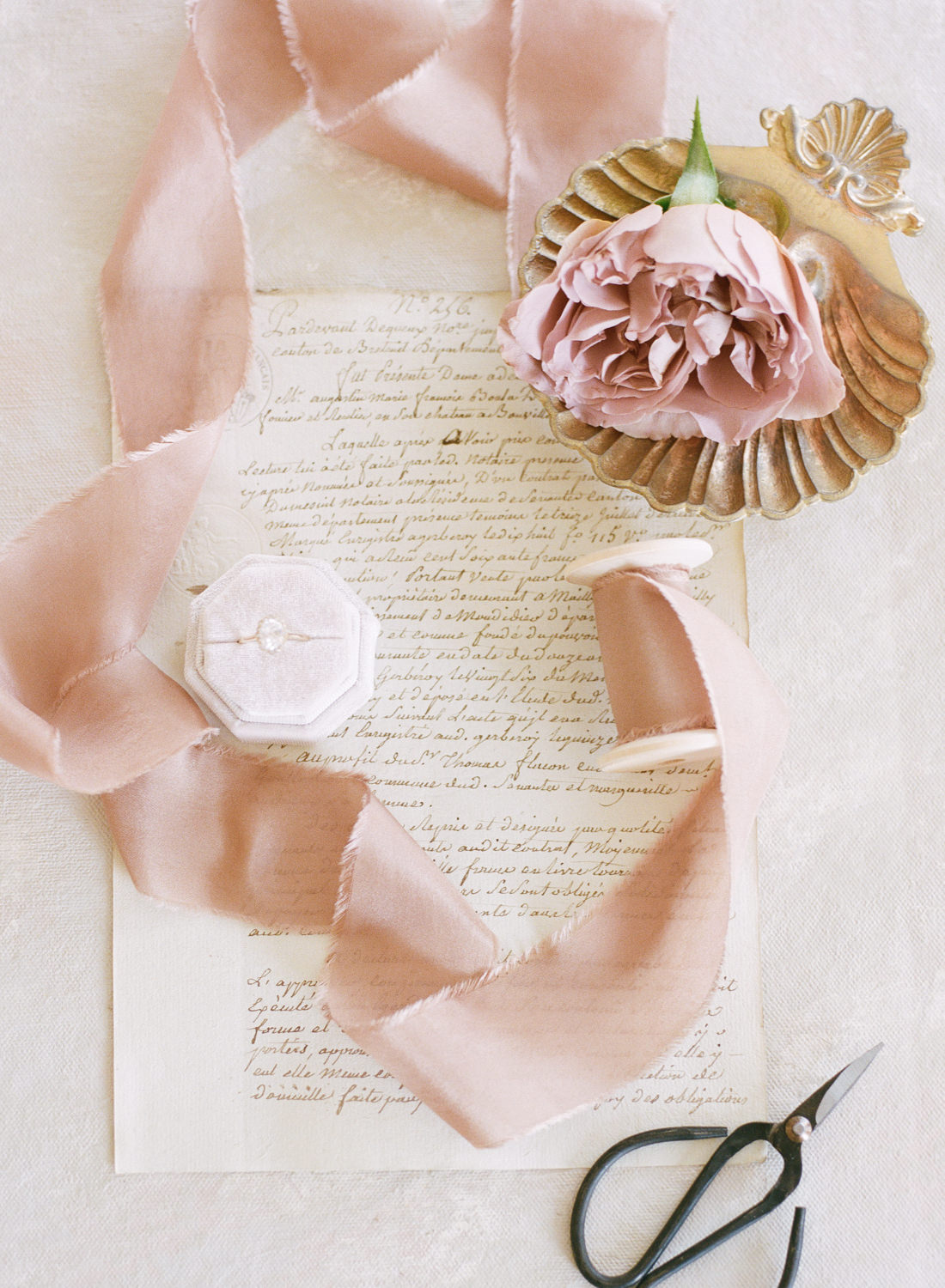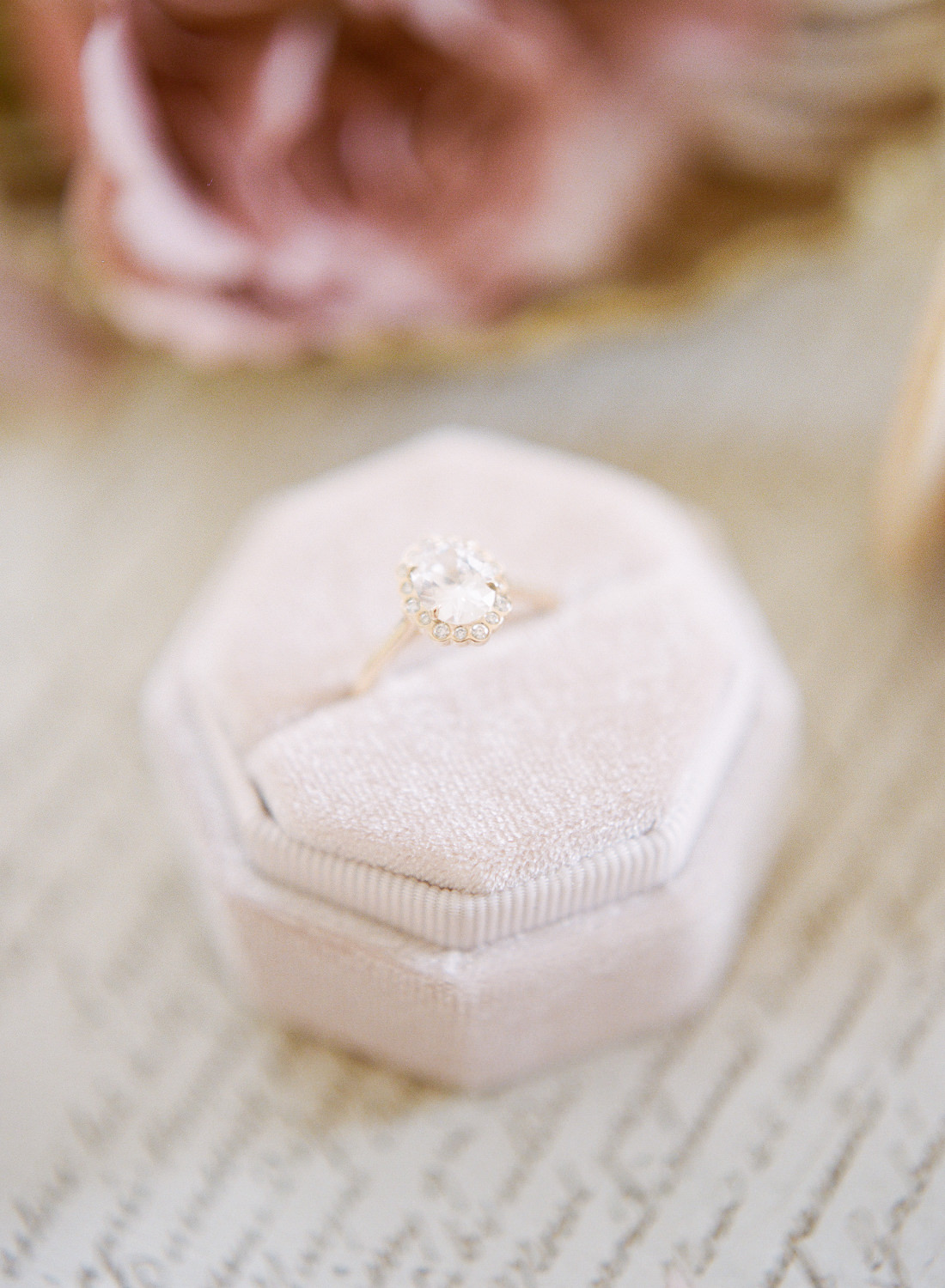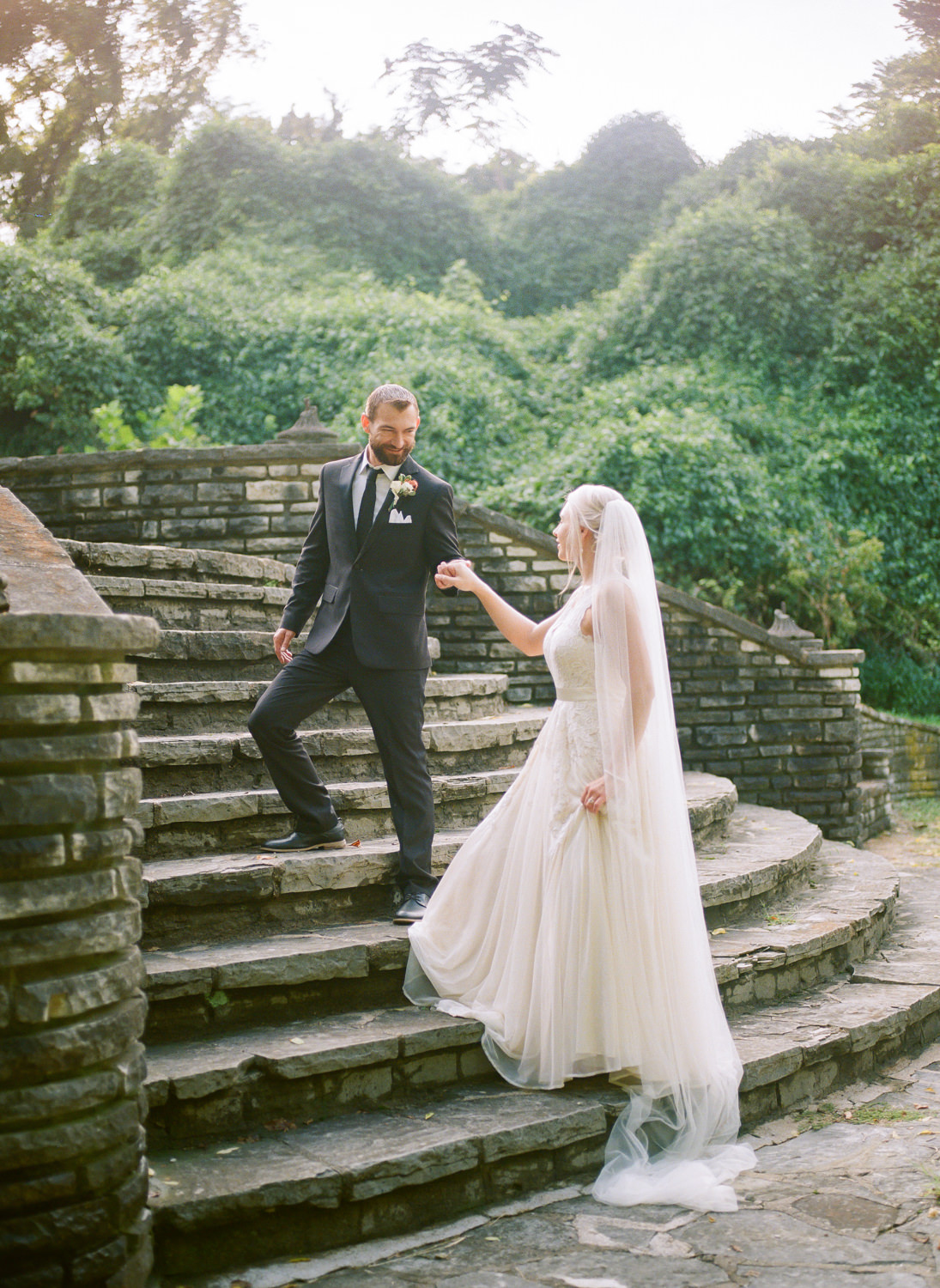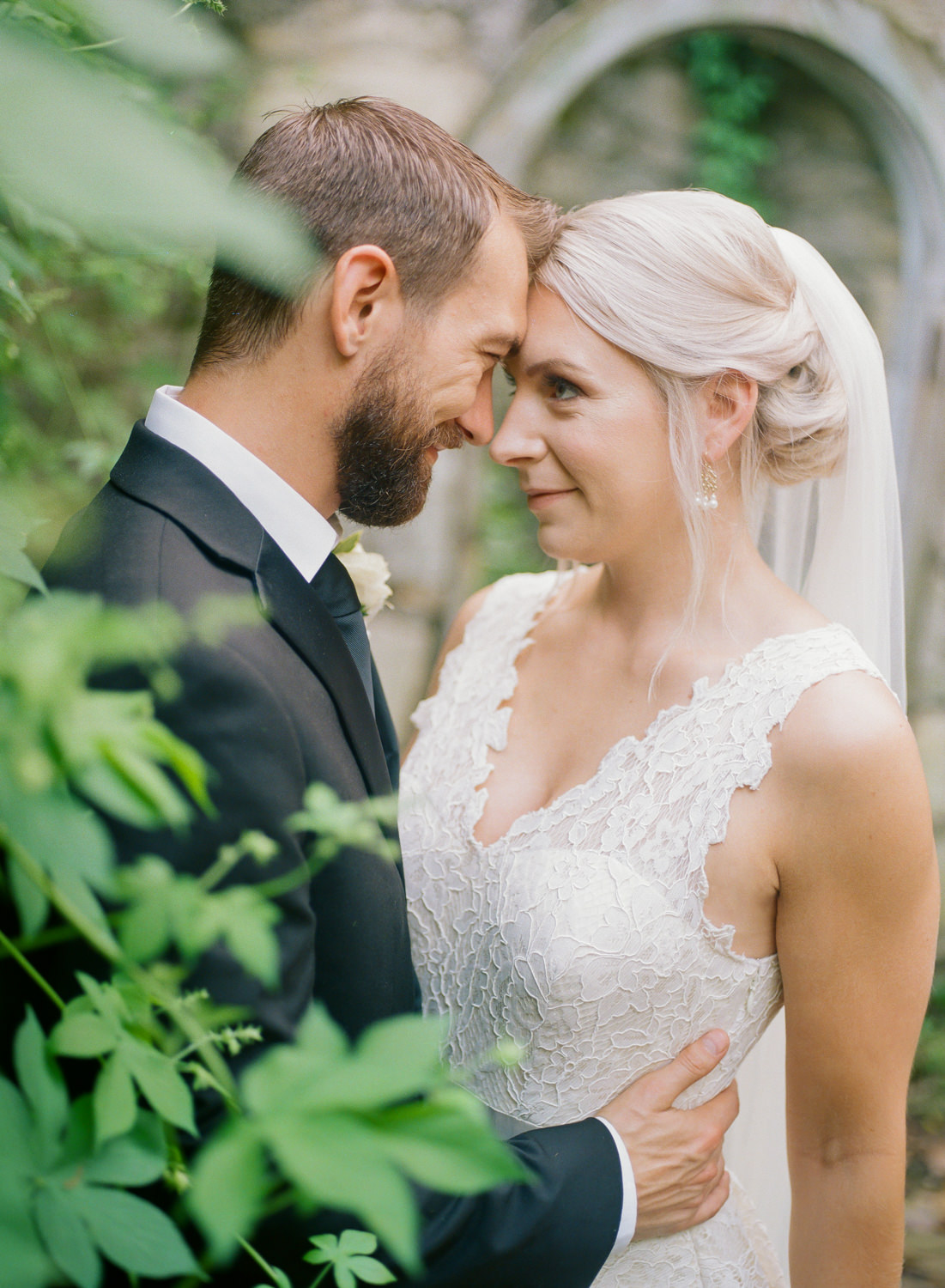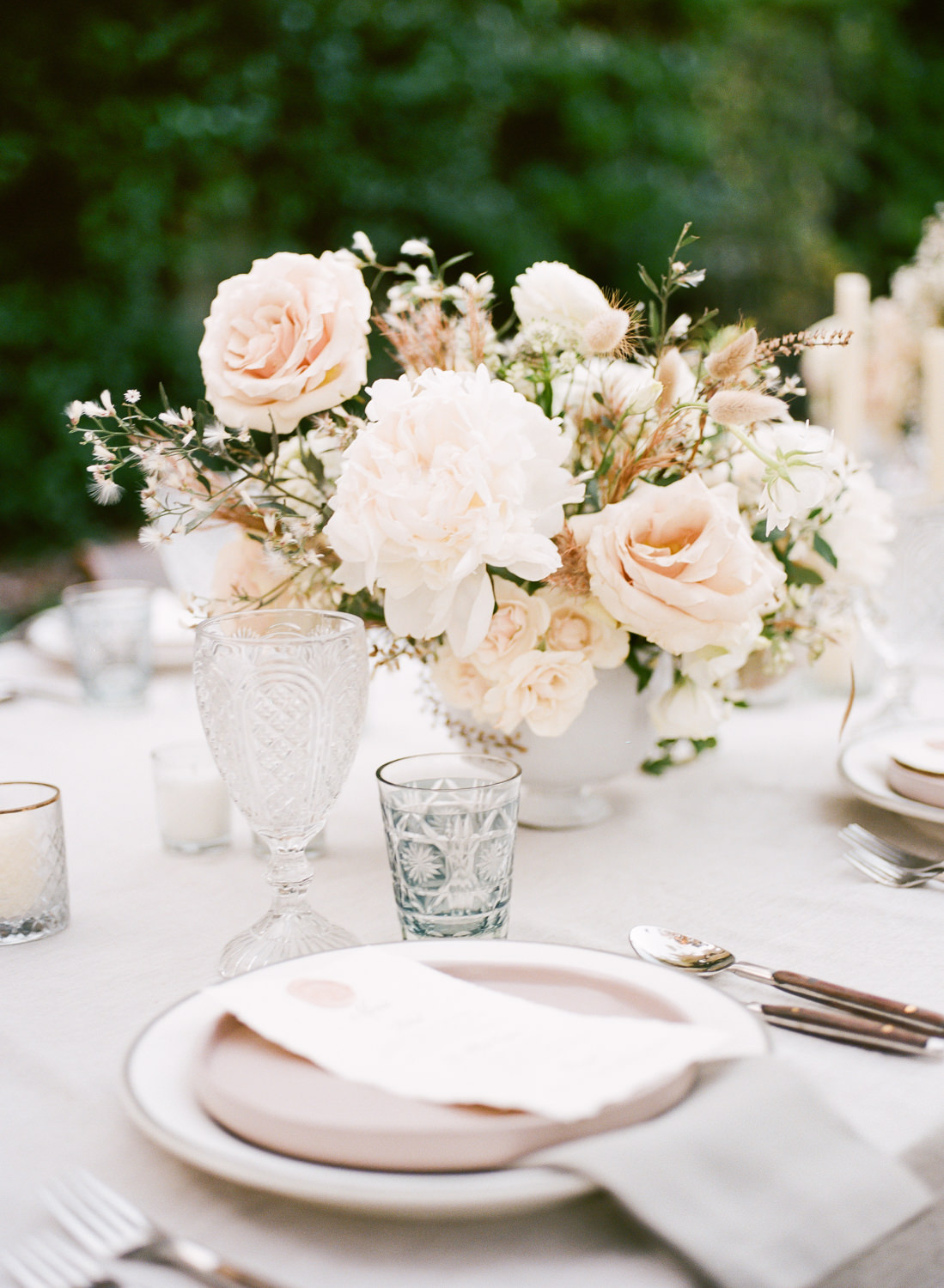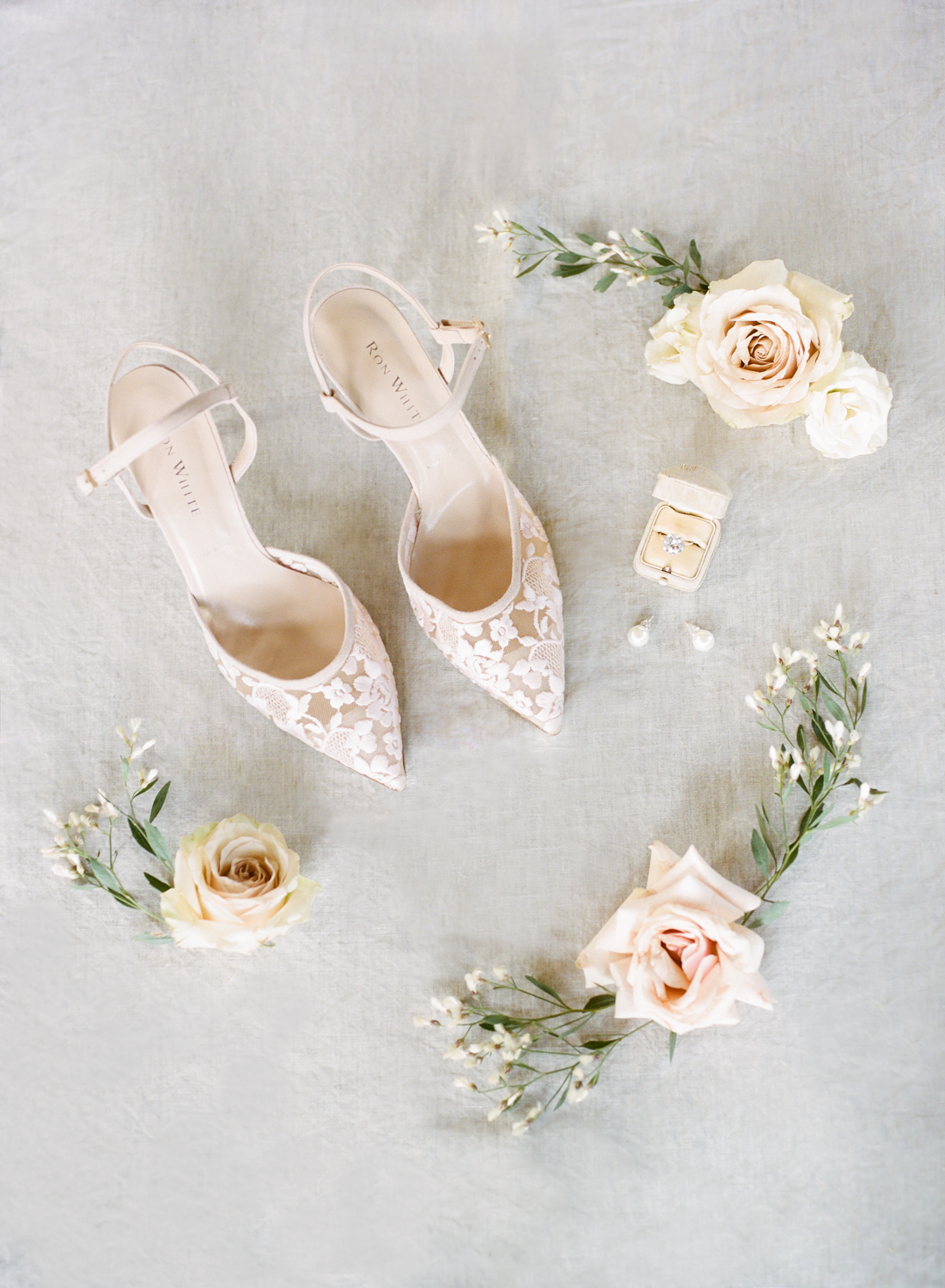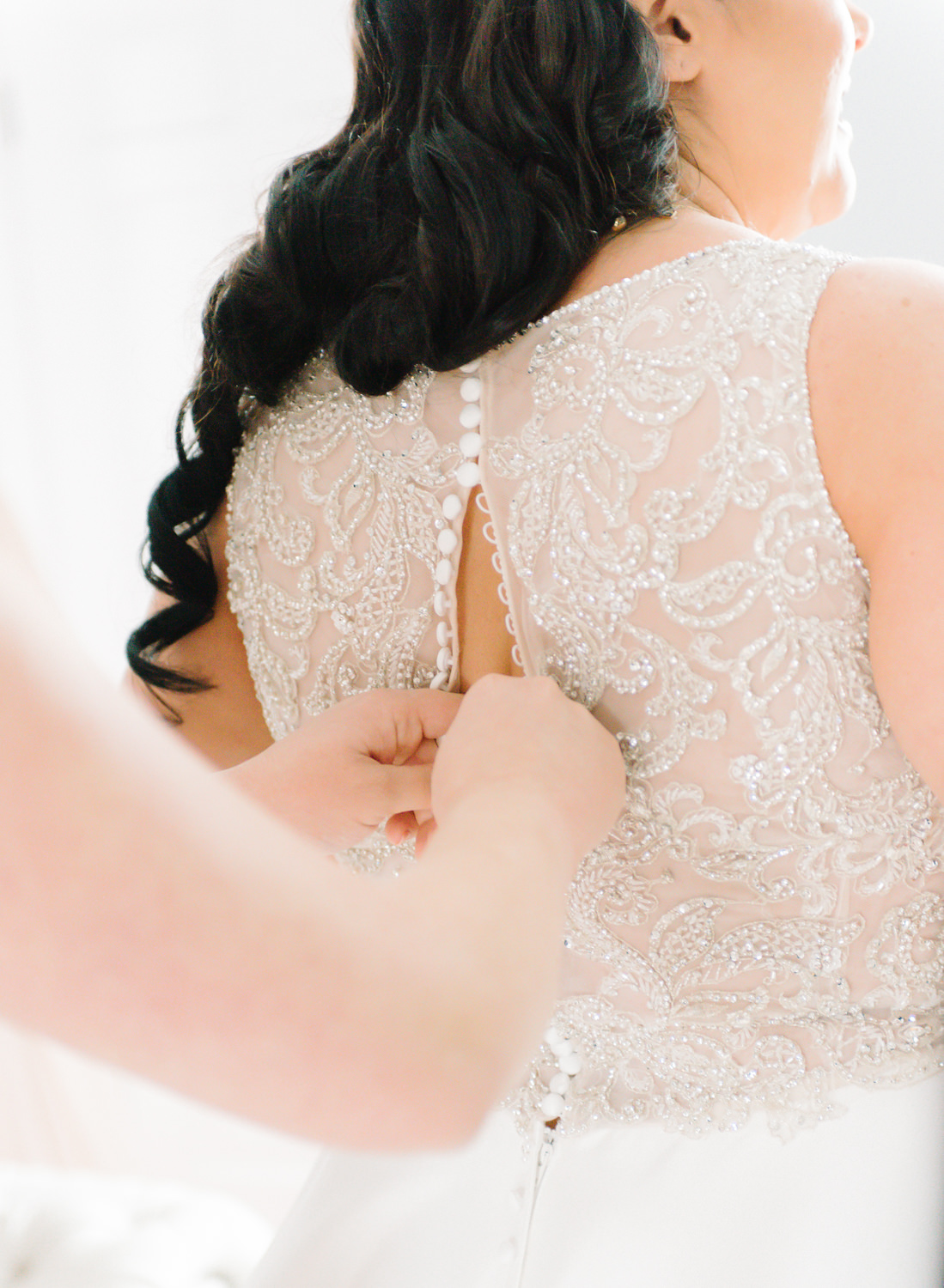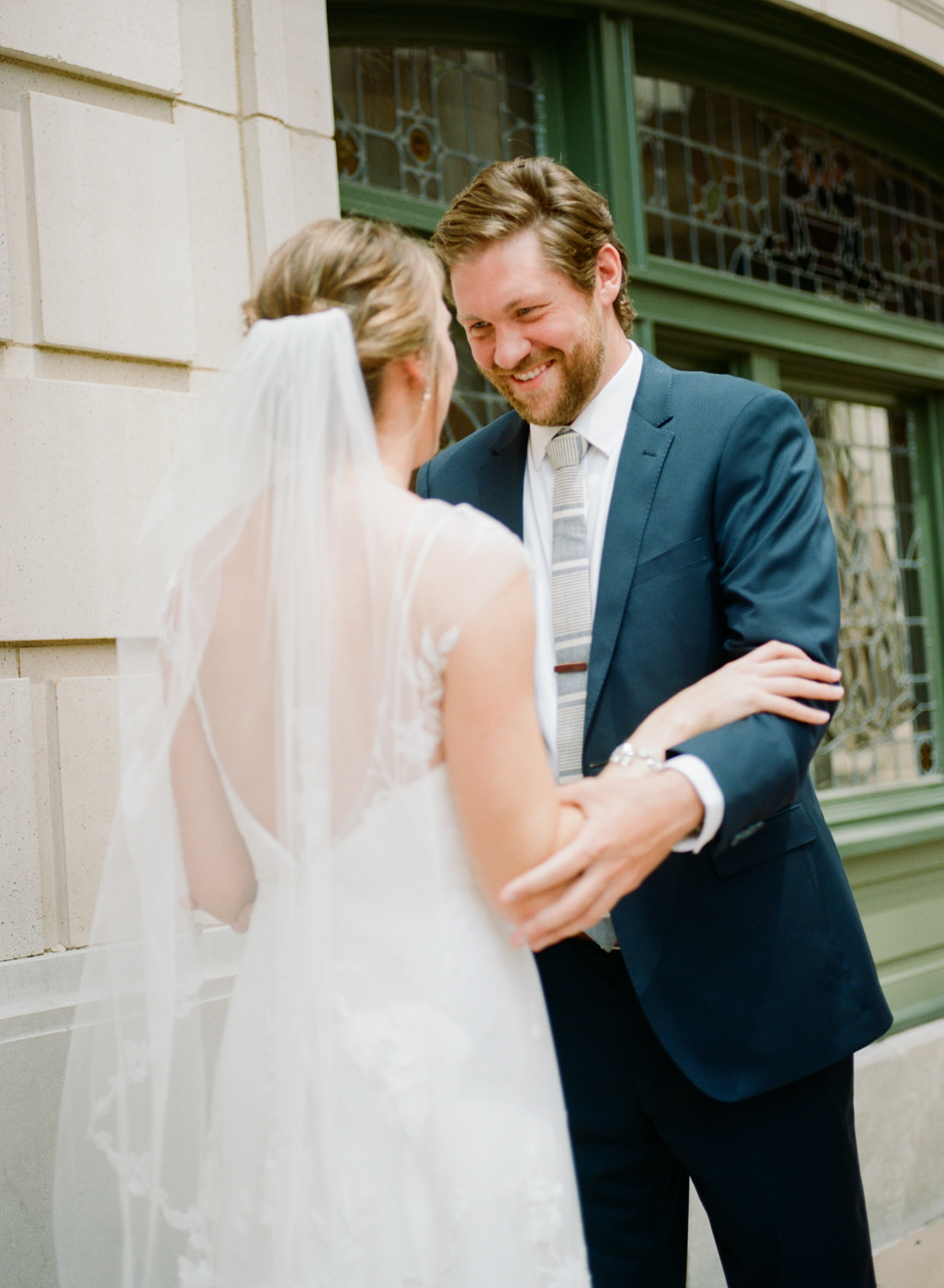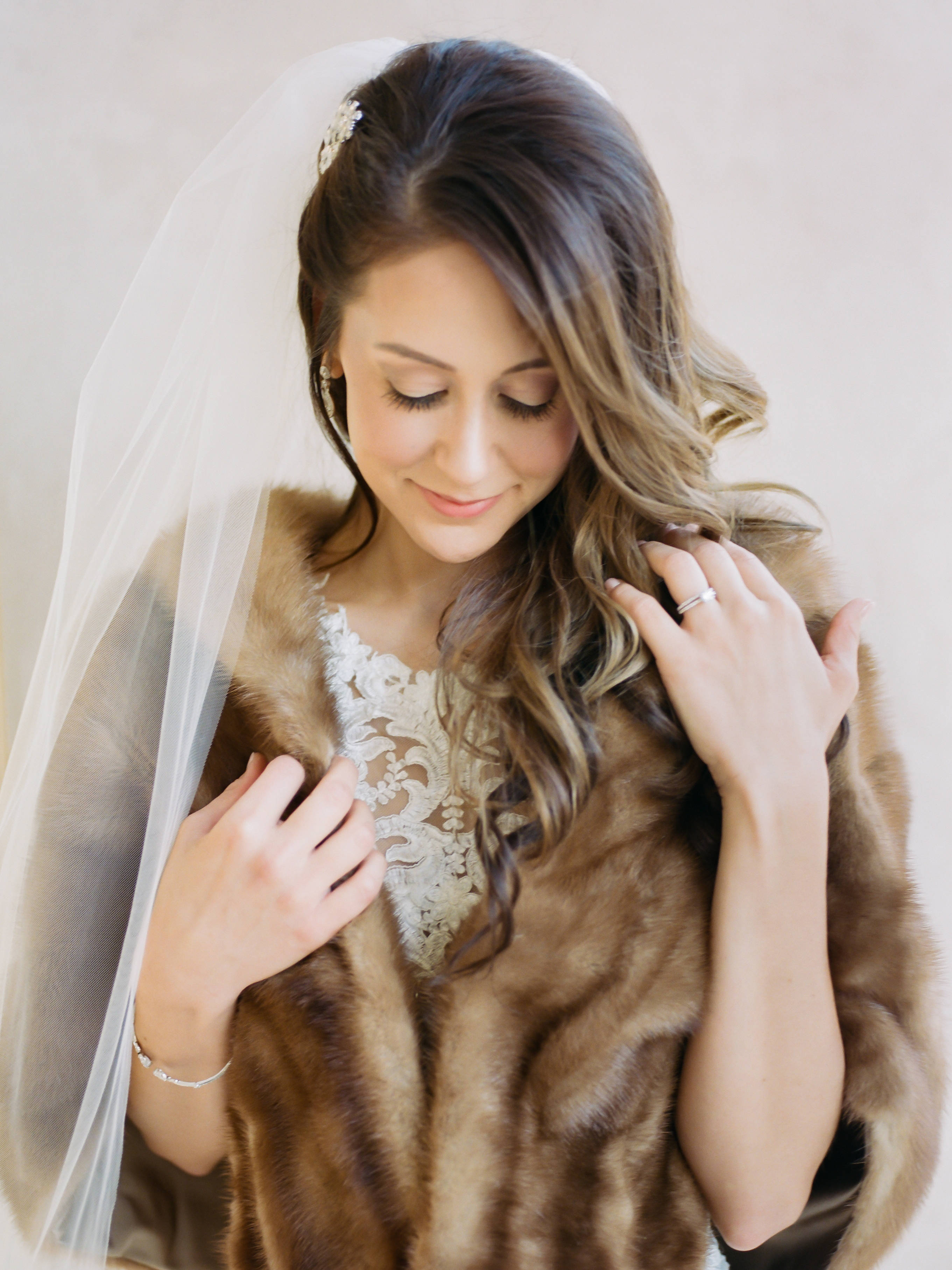The wedding photography industry has exploded over the past decade. While this may overwhelm brides and grooms when searching through the vast amount of options, the good news is that there is a wedding photographer out there for every type of couple! Many photographers will not be a good fit for you, but there are others who are exactly what you are looking for.
So, what ARE you looking for?
For most engaged couples, selecting a wedding photographer is a completely new experience. You may not know what to look for or even what you want. Several items to consider are intangibles that you will not see on a photographer’s website. The wedding photography process begins long before your big day and continues well after. A photographer worth your investment will not only create beautiful images of your wedding, but also provide a positive experience from start to finish.
1. Budget
The first big question to ask yourself is, “What is my budget?” The industry standard recommendation for wedding photography is 12-18% of your total budget. Some couples may only want a few images to remember their day and will spend less on photography, while others feel that documenting all the details and people who helped make their day a success deserves a greater portion of their budget. I would offer a word of caution against choosing your photographer based on budget alone: according to surveys, one of the the biggest regrets couples have about their wedding is not spending more on their photographer.
When gathering quotes from photographers, the temptation many couples have is to compare the things that are included in a package without considering the intangible benefits one photographer might have over the other. A photographer worth your investment will listen to your photography needs and create a collection that works for you, help plan timelines, answer questions in a timely manner, connect you to recommended vendors, provide education and resources to help with wedding planning, give insight on venues and advice on wardrobe and portrait locations, and more. Helpful photographers will begin this process even before you book with them, because they want to make sure you have all of the information you need and that they are a good fit for your wedding. They know that you are not just investing in photos, you are investing in an experienced guide who has been through this process many times before and will provide a positive experience from start to finish. (Read more from Junebug Weddings: Searching for a Cheap Photographer)
2. Style
You have probably seen a variety of photography styles in your search for a photographer. A documentary photographer will capture your wedding in an editorial manner, with few posed photos and more behind-the-scenes real life moments. A traditional photographer will focus more on the classic, posed portraits. Many wedding photographers, myself included, will capture your wedding with a combination of both editorial photos and traditional portraits. I fall into the specific category of “Fine Art” wedding photography, which strives to create romantic, heirloom images that are meant to be treasured and displayed as art.
Another aspect to look for is photo processing style. Some photographers specialize in a dark and moody aesthetic, while others strive for a more light and airy look. Photographers can be edgy and modern, with bold colors and special filters, or they can follow a more classic, clean style. Film photographers like myself often use this medium to achieve a dreamy, timeless aesthetic with accurate colors and creamy skin tones. (Read more about Why I Shoot Film).
3. Consistency
Whatever style you choose, it is important to ensure that the style and aesthetic you like is what you will actually receive in your wedding photos. When searching a photographer’s portfolio, look for consistency in their work. A sign that a photographer is not yet sure of their style is a portfolio that is not consistent: applying filters in some photos but not others, photographing with a wide variety of exposures, or colors that appear accurate in some photos but not in others are all red flags that you may not receive the type of photography that you were expecting.
4. Experience
Experience may depend on your budget, but there is often a large range of experience even within one budget range. Photographers may advertise that they have been working for years, but have only photographed a dozen weddings within that time frame. If you are looking for a more experienced photographer, find one that displays work from a variety of locations and lighting situations. You may love a photographers’ outdoor wedding photos, but she may not have experience shooting in a dark cathedral or hotel ballroom like the one you are getting married in. A good photographer doesn’t necessarily need experience working in your exact venue, but viewing photos from a venue with similar lighting will give you a good idea of the photos you can expect to receive from your wedding.
If you do not see a location similar to yours in a photographer’s portfolio or their website does not display featured weddings showcasing all aspects of a wedding day, do not be afraid to ask to see albums or galleries of full weddings to ensure that the photographer will be able to work well within your venue. An experienced photographer will be happy to showcase the wide range of their work.
Next is a list of intangibles that you will not see on a photographer’s website. A photographer worth your investment understands that you are not just hiring them for one day to take beautiful pictures. The process begins long before your big day and continues well after, from answering questions and helping create timelines to directing large groups of people and ensuring that your photos are organized, protected from mishaps, and delivered within the expected time frame.
5. Communication
When planning a wedding, a lack of or poor communication from vendors can be a source of frustration. A good indication of how well a photographer will communicate during the planning process is how responsive they are to initial inquiries. Response time can vary if you are requesting information during busy wedding seasons in the spring and fall, but a photographer who values communication should respond within 24-48 hours. Correspondence with your photographer should answer all of your questions completely to show that they have listened carefully and understand what you are asking.
6. Preparation
Your wedding is one of the most important events of your life, one that cannot be replicated. Your wedding photos should not be a complete loss if a photographers’ camera breaks or their hard drive crashes. A well prepared wedding photographer will have multiple equipment backups and be fastidious in immediately saving your photos to multiple hard drive and off-site sources. As a photographer who shoots both film and digital, I bring no less than four cameras, five flashes, and up to eight lenses to every wedding to make sure that wedding photos are not left to chance. For every film image I photograph, I also create a digital backup copy. My day is not over when I leave the reception, as I will save client’s photos to multiple hard drives and online sources when I get home. Every wedding I photograph also includes a second photographer, to ensure the event is covered in the event of an emergency. Do not be afraid to ask a photographer their process for protecting your images and their backup plan if they are unable to photograph your wedding. Photographers who value your peace of mind will not take offense that their efforts are recognized and appreciated.
7. Time Management
Wedding days often move at a fast pace and the most carefully planned schedules can sometimes go awry. When rain delays the ceremony or a search for the groom’s missing socks shortens the amount of time available to photograph the portraits, a good photographer is able to roll with changes and still produce high quality images. An indication of how well a photographer handles time management is the role they play in helping a couple to create a timeline of their wedding day. This should occur during the initial phone call or in-person meeting. Someone with experience at a wedding will understand when a couples’ expectations are realistic or not, and will help guide them in the process of creating a timeline that will allow them to receive the photos they want without monopolizing their entire day. (Read about Planning a Successful Wedding Day Timeline.)
8. Crowd Control
Most of your family will probably be at the wedding, but that does not mean you want to spend the whole day taking photos with them! A good photographer will take the lead in directing large groups of people in a short amount of time. They should be comfortable with taking charge to keep the process moving as quickly and efficiently as possible. To ensure that the time allotted for family portraits is feasible, your photographer should discuss the requested list with you beforehand.
9. Attention to Detail
Details tell stories. People get married wearing grandma’s pearls and carrying grandad’s pocket watch because those simple items are of great importance to them. If you wish to make your wedding details an important part of your story, select a photographer who understands the meaning attached to your items and has the ability to turn them into art. (Read more about Honoring Lost Loved Ones of Your Wedding Day)
10. Authenticity
Couples who hire professional wedding photographers do so because they want beautiful images to remember their day, but not at the expense of representing who they truly are. I believe that authenticity should never be sacrificed for artistry. Choose a wedding photographer who is interested in getting to know you as a couple and learning about your personalities. A fun loving couple may not be comfortable with stern faces and strong poses, and a romantic couple may be more inclined to cuddle than pose apart from one another. Look for comfortable and natural posing and real smiles within a photographer’s portfolio. A good photographer should be fun, encouraging and supportive, with the ability to put you at ease if you are nervous about being “awkward” in front of the camera. I recommend doing engagement sessions, as they offer a great opportunity for you and your photographer to get to know each other before the wedding.
11. Expectations
Whichever photographer you choose, make sure they give you a clear outline of what you will be receiving from them, from processed high resolution digital files and albums and prints, to timelines of when you will receive your images and products. Communicating expectations is the key to a successful wedding photography experience. After all, the day you receive your wedding photos should be one of joy and not disappointment!

